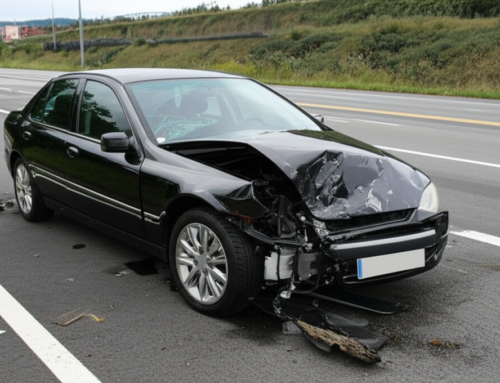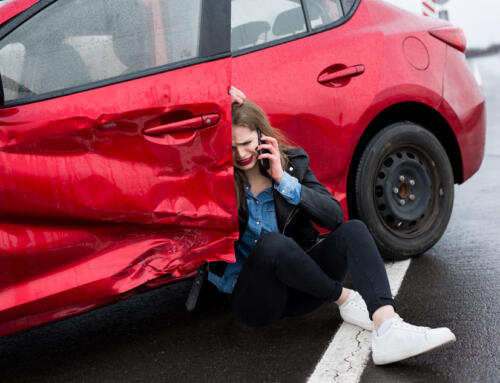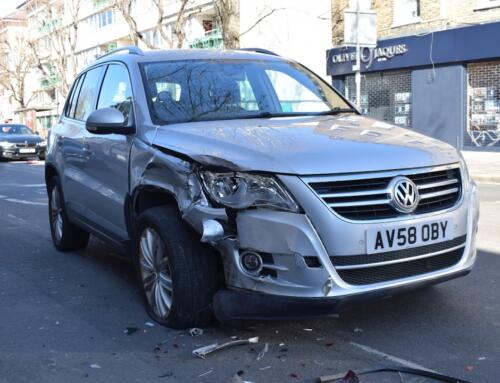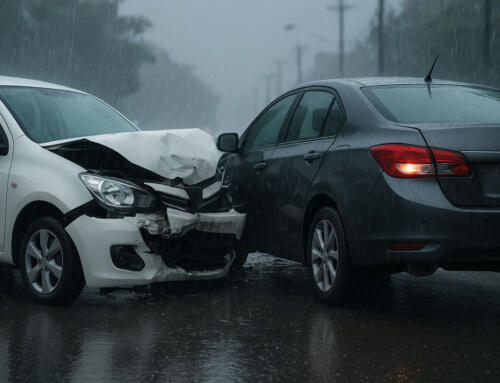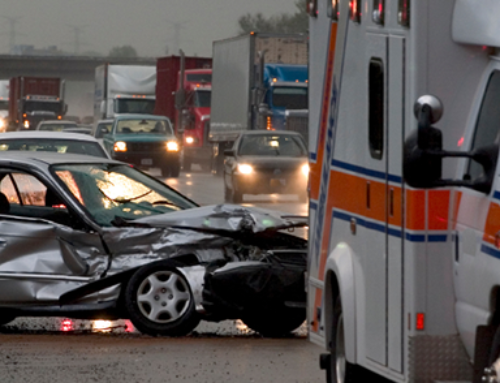Introduction to Weather-Related Car Accident Liability
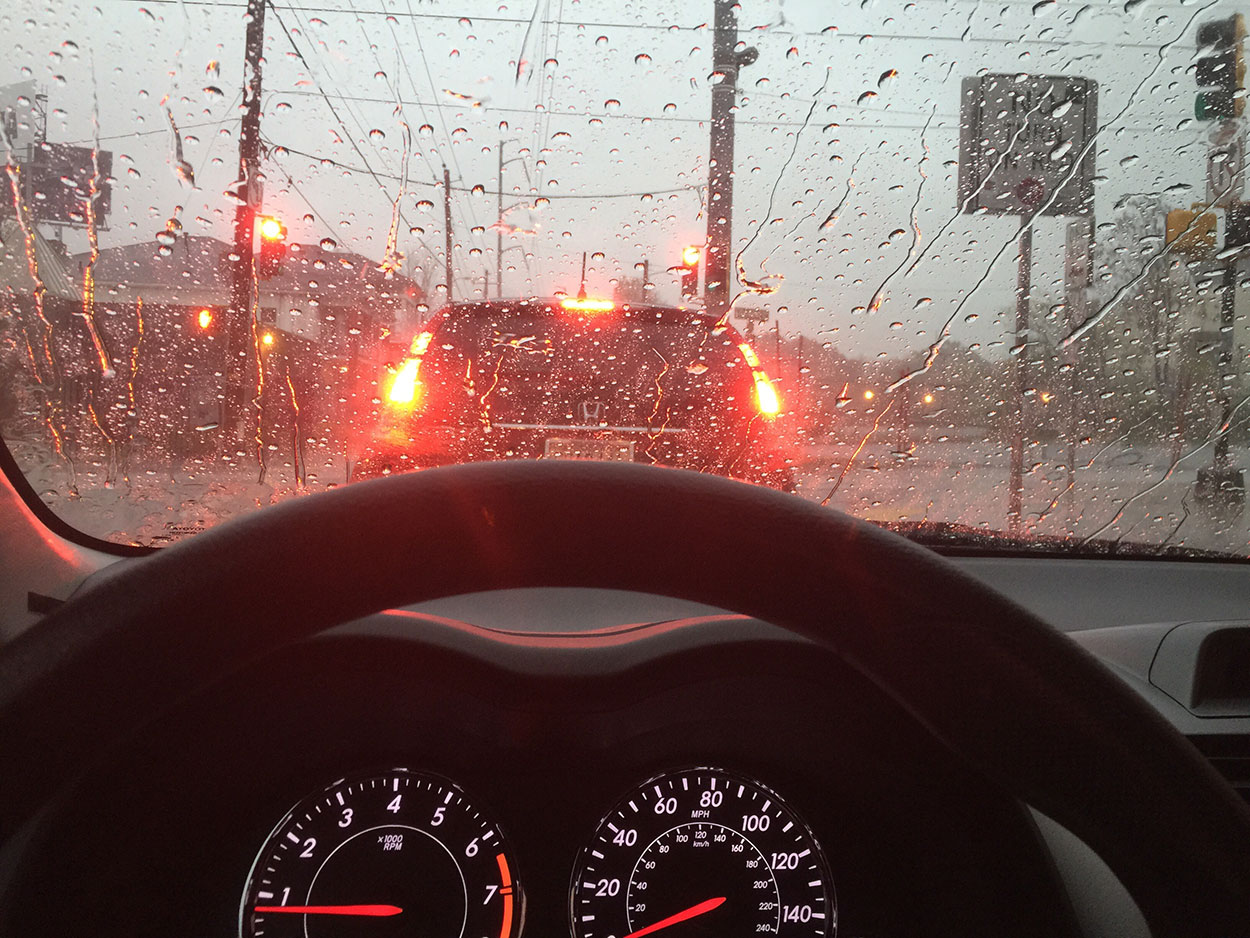
Adverse weather conditions significantly impact driving safety, leading to a higher incidence of vehicle accidents. Understanding how weather affects car accident liability is crucial, especially in regions prone to severe weather changes. Blevins & Hong, P.C., a law firm based in Cobb County, has extensive experience handling cases where weather plays a critical role in road mishaps. Their insights into how weather conditions impact liability claims in car accidents provide a foundational understanding for both legal professionals and the general public.
Legal Implications of Weather Conditions in Car Accidents
Weather conditions such as rain, snow, ice, fog, and even wind significantly influence driver responsibility and accident liability. In legal terms, weather is considered an “act of God,” but this does not absolve drivers from the duty of care required under adverse conditions. Based on Blevins & Hong, P.C.’s expertise, drivers are expected to adjust their driving behavior according to weather conditions. This includes reducing speed, maintaining longer following distances, and using appropriate vehicle lighting.
In Marietta, GA, for instance, heavy rainfall has been a contributing factor in numerous accidents. Local statistics indicate that during periods of heavy downpour, traffic accidents increase by up to 30%. These accidents often lead to complex liability issues that require detailed investigation and understanding of weather-related driving laws.
Case Study: Snowstorm Accident Analysis
A notable case handled by Blevins & Hong, P.C. involved a multi-vehicle pile-up during a sudden snowstorm. This case highlighted the complexities of determining liability when weather conditions abruptly deteriorate. Although the snowstorm was severe, the court found that some drivers were liable due to their failure to adjust their speed according to the sudden change in weather. This case underlines the importance of proactive driving behaviors in preventing accidents and reducing liability in adverse weather conditions.
Adjusting Legal Strategies Based on Weather Conditions
When pursuing compensation in weather-related car accidents, legal strategies must consider the extent to which weather influenced the driver’s ability to control the vehicle. Blevins & Hong, P.C. emphasizes the importance of gathering comprehensive evidence such as weather reports, vehicle logs, and eyewitness accounts to establish a clear picture of the conditions at the time of the accident.
For example, in another case from Marietta, a driver was initially blamed for skidding and causing a crash on an icy road. However, detailed weather analysis presented by Blevins & Hong, P.C. demonstrated that the local road maintenance services had failed to adequately de-ice the road, shifting partial liability away from the driver.
Impact of Weather on Insurance Claims
Insurance companies also take weather conditions into consideration when assessing claims. Industry data shows that insurers are likely to adjust claims based on the predictability and avoidability of the accident considering the weather conditions. Blevins & Hong, P.C. has guided numerous clients through the complexities of insurance claims that involve weather factors, ensuring that the impact of weather is duly considered in the final settlement.
Conclusion
Weather conditions pose significant challenges to drivers and have a profound impact on accident liability. Legal practitioners like Blevins & Hong, P.C. play a crucial role in elucidating the nuances of how weather affects car accident liability. Through meticulous analysis and adept handling of weather-related accident claims, they ensure that justice is served fairly, considering all environmental factors at play during the incident.


